T4K3.news
Quantum navigation tested aboard US military space plane
A US military space plane will test a GPS-free quantum navigation sensor in space, signaling a push toward autonomous, resilient spaceflight.
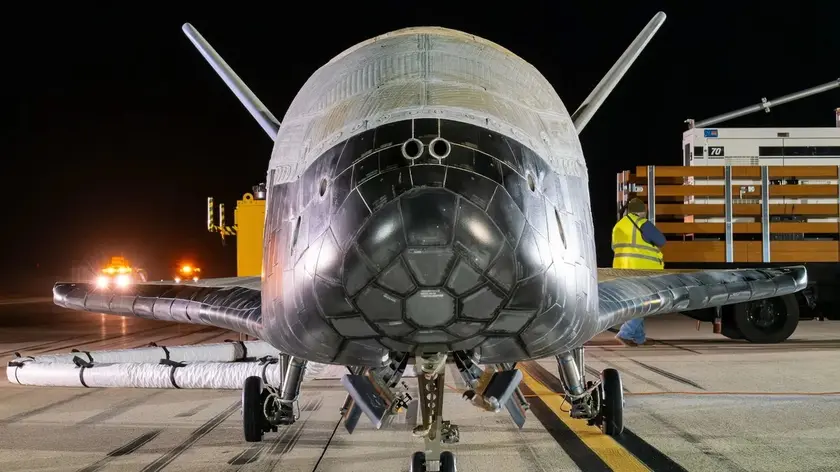
A US military space plane will test a GPS-free quantum navigation sensor in space, signaling a push toward autonomous, resilient spaceflight.
Quantum navigation tested aboard US military space plane
A US military space plane, the X-37B, is set to begin its eighth flight into space on August 21, 2025. Much of what the X-37B does remains secret, but officials describe the mission as a platform for advanced experiments, including a quantum inertial sensor that could support navigation without GPS.
In space and underwater, GPS can fail or be jammed. Quantum inertial sensors use atom interferometry to measure motion with high precision, offering a potential GPS-free alternative for spacecraft, aircraft, ships and future deep space missions. The X-37B mission would be the first in-space test of such a system for navigation, building on earlier demonstrations by Boeing and AOSense and public tests in the UK that showed the physics in orbit. The test signals a broader push by the US and allies into quantum sensing and could affect both military and civilian space operations.
Key Takeaways
"This mission tests a navigation system that does not rely on external signals."
Describes the core aim of the quantum navigation test.
"If quantum navigation proves robust, space autonomy becomes practical rather than aspirational."
Editorial assessment of potential impact.
"Secrecy can shield breakthroughs but not accountability."
Commentary on transparency around classified tech.
"This could redefine how we navigate the final frontier."
Closing assessment of implications.
The mission signals a shift toward autonomy in space flight, moving from lab promises to in-space demonstrations. If successful, quantum navigation could provide a reliable backup when signals from Earth are unavailable, expanding mission options for deep space exploration. Yet the secrecy surrounding military tech invites questions about transparency and governance, and the test raises the issue of dual-use benefits and risks in a competitive global tech race.
Highlights
- A GPS-free future for space travel begins in orbit
- Quantum sensors promise precision that outlast signals
- Secrecy can shield breakthroughs but not accountability
- This could redefine how we navigate the final frontier
Military test of quantum navigation raises political and security concerns
The X-37B test involves sensitive, dual-use technology and a high level of secrecy. That combination can invite political questions and scrutiny over oversight, data sharing, and how such capabilities might affect strategic stability in space.
A quiet turn toward autonomous space navigation could quietly redefine the rules of the final frontier.
Enjoyed this? Let your friends know!
Related News
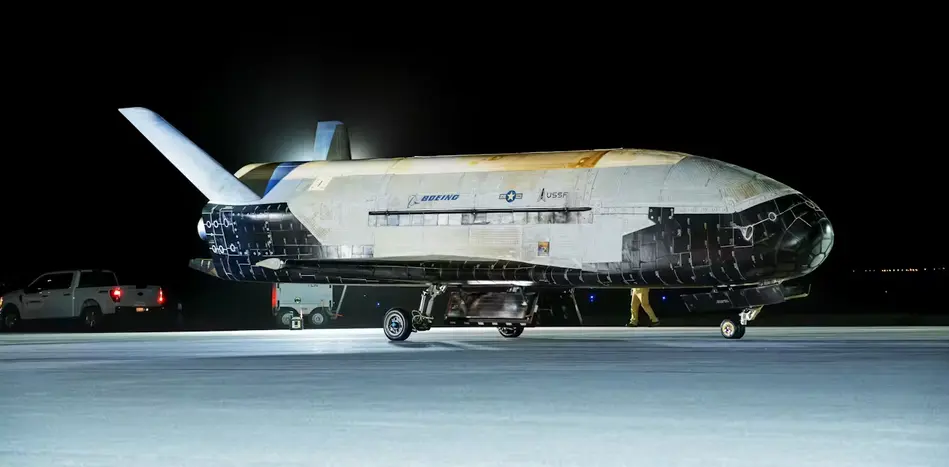
Quantum navigation test on X-37B
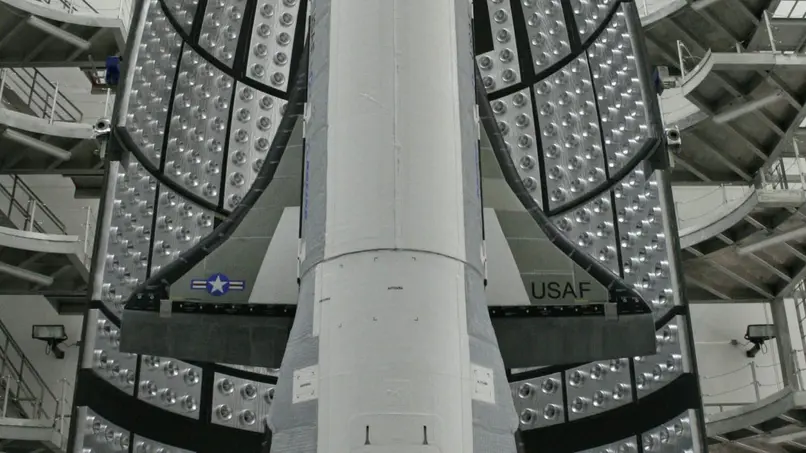
X-37B space plane set to launch new quantum mission
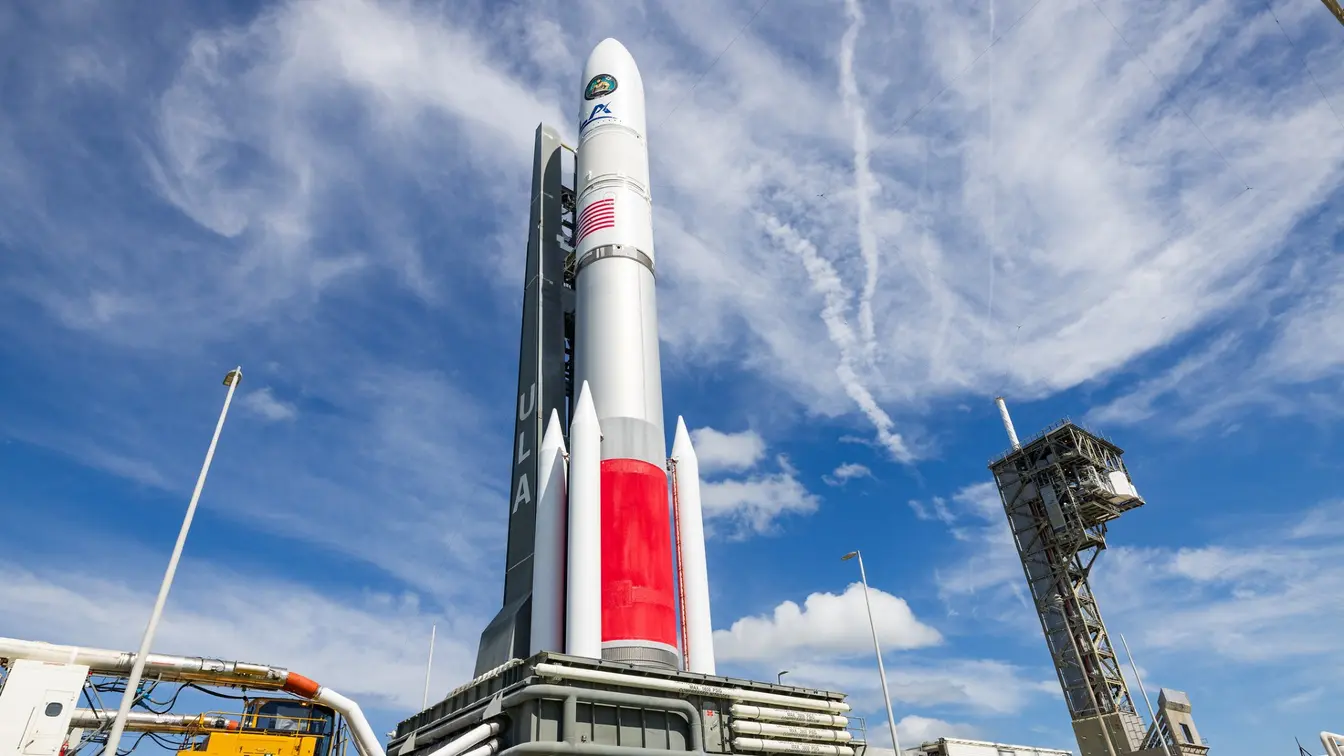
Vulcan Centaur launches experimental military satellite
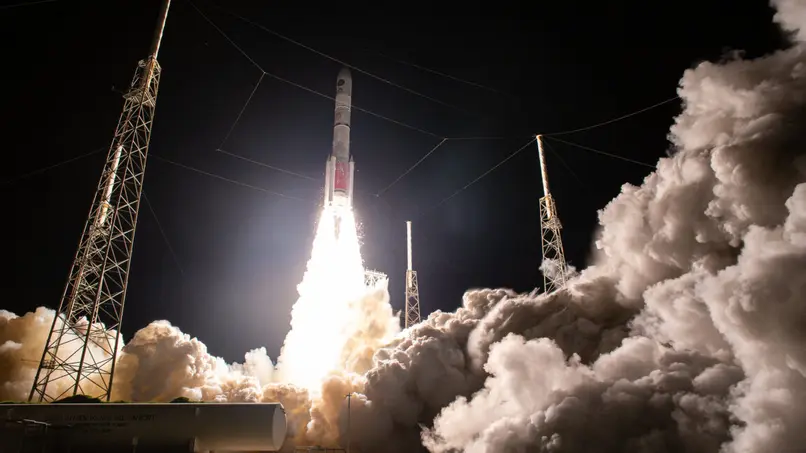
Vulcan launches first operational flight
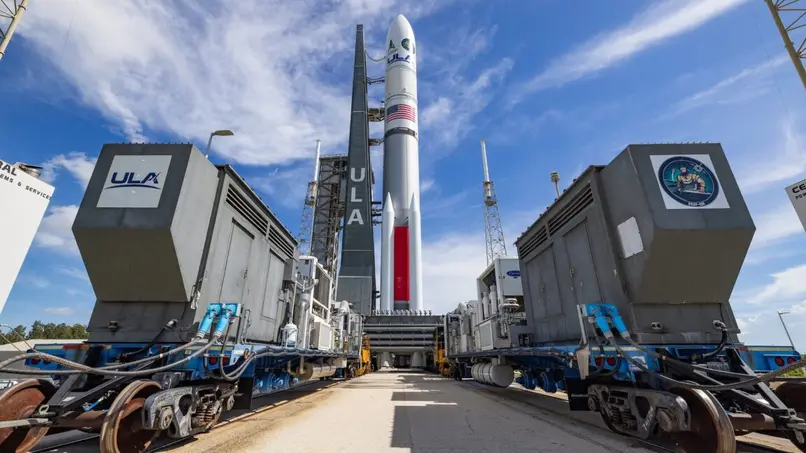
Vulcan rocket to lift national security satellites
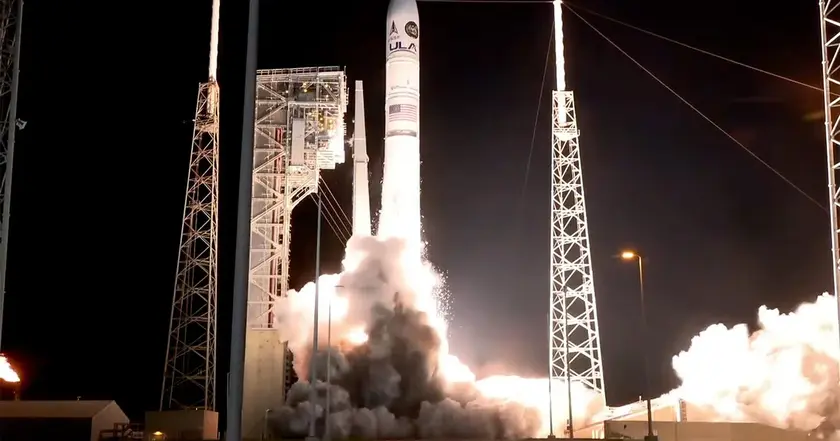
ULA Vulcan lifts off on Space Force sanctioned flight

IceCube Upgrades Set to Expand Neutrino Reach
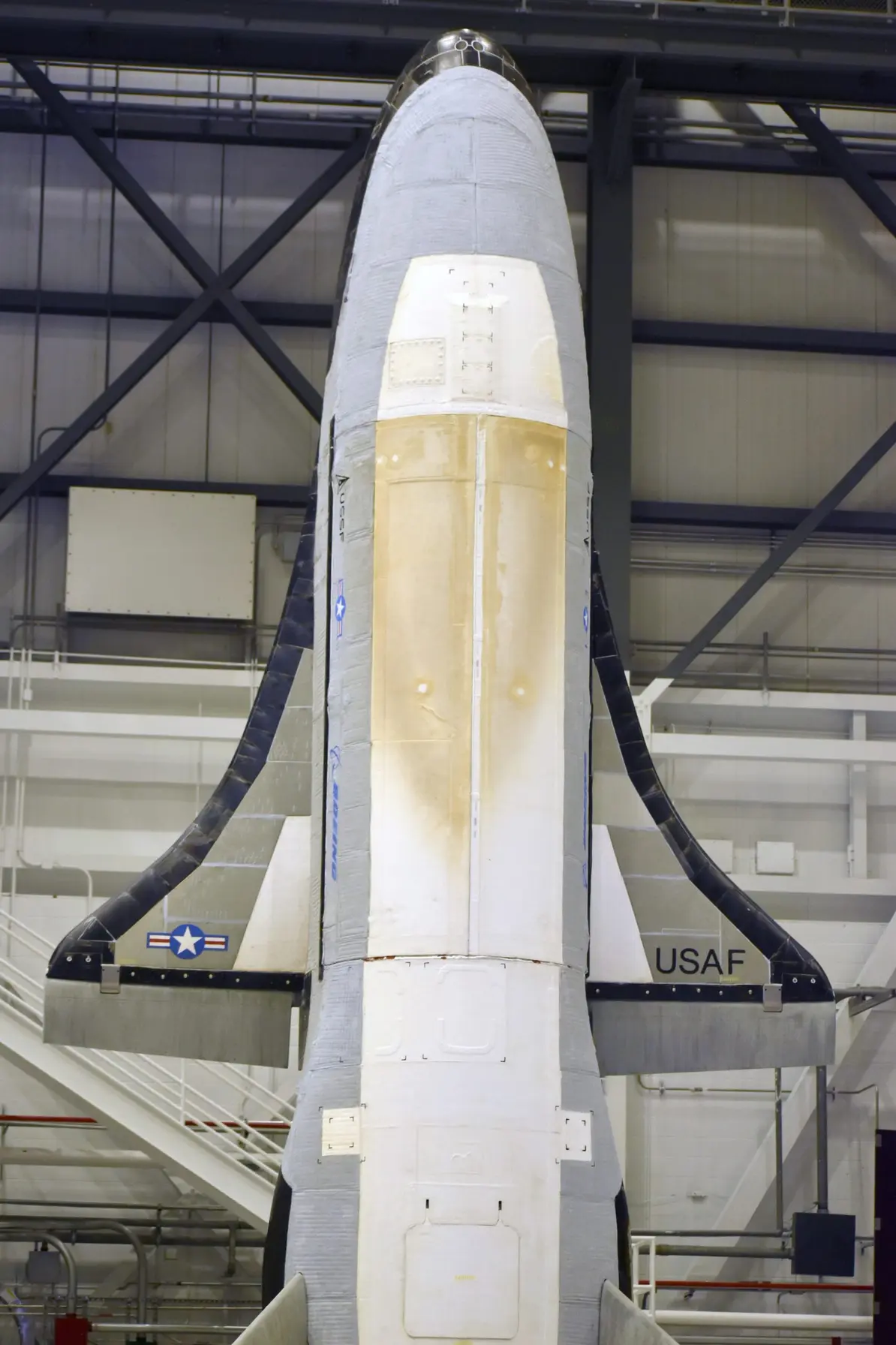
U.S. military X-37B spaceplane set for eighth mission
